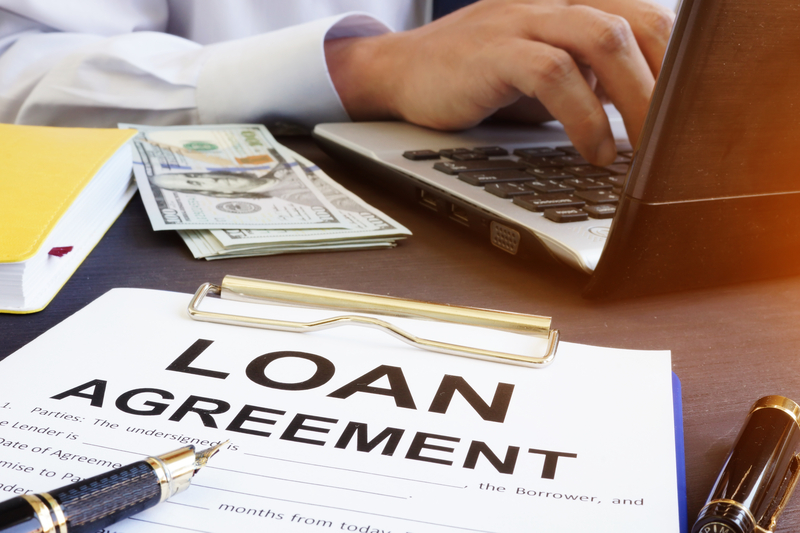We don’t often learn about the ins and outs of getting a personal loan in school, but it’s important knowledge to have. Attending basic and secondary school, and then maybe continuing on to further education, is usually the first step in the lifetime of the ordinary working adult. To finance this further education, many of us have taken out student loans and are now entering the workforce saddled with financial obligations.
Therefore, knowing the foundations of budgeting, saving, debt, and investing may be the difference between a comfortable existence and one fraught with financial hardship. For this reason, in this article, we will discuss the fundamentals of unsecured loans, along with how to qualify for one, the benefits it offers, and why this might be a good idea. Continue reading!
Exactly what is a bank loan?
Unlike secured loans, personal loans need no collateral. Other loans, such as those used to buy a car or a house, are designed specifically for the acquisition of that product; the collateral for these loans is the vehicle or the home, respectively. In contrast, a personal loan is sometimes known as a “unsecured personal loan” since no collateral is needed to secure the loan.
To provide a personal loan, a financial institution must assume substantial risk, whereas the borrower assumes much lower risk. As a consequence, the interest rate on a personal loan will be higher than if the lending institution did not take on any additional risk.
In what situations could you want to look into a private loan?
As opposed to using savings or investing, there are a number of situations in which a personal loan might be useful. Just what are the advantages of purchasing one? The lower interest rates offered by private lenders are one of the main incentives for borrowers to choose them over other loan types. As opposed to credit cards, the low interest rates offered by these options are a major selling point. Use a personal loan to finance business ventures, a home down payment, or a medical emergency. Of course, you can’t do this if you have to pay for everything out of pocket; otherwise, there’s no other choice.
Credit card cash advances may include fees of up to 12 percent of the amount borrowed, and standard interest rates can reach 18 percent per year. Withdrawing money from a fixed deposit (FD) or investment insurance policy will incur a penalty in addition to the lost chance to make money by investing if the maturity date for the account hasn’t yet arrived. If this is your current financial situation, a personal loan may be the best choice.
When will I know if I’m good enough?
Personal loan restrictions and eligibility criteria might change from one financial institution to the next. Your age, profession, income, and repayment capacity and ability, as well as your place of residence, are all relevant factors. You’ll need a regular income, either from a job or the sale of a product or service you offer. You may or may not qualify depending on the nature of your business, your credit record, and the amount of money you owe on any loans, credit cards, or other forms of consumer credit.
Do personal loans have a minimum income requirement?
Your chances of being approved for a personal loan improve somewhat if your monthly income is at least 70% of what it would be without deductions (taxes, outstanding debts, etc.). It’s important to note, however, that certain financial institutions do provide low-interest personal loans to those with modest incomes. Persons earning the minimum wage may qualify for unsecured loans if they can demonstrate a steady revenue stream and a good credit history.


